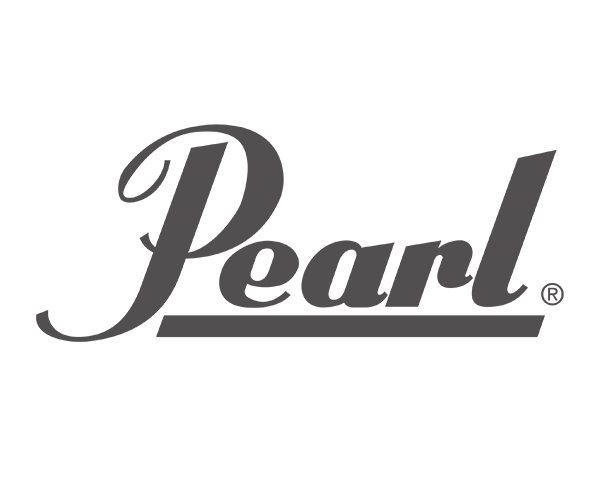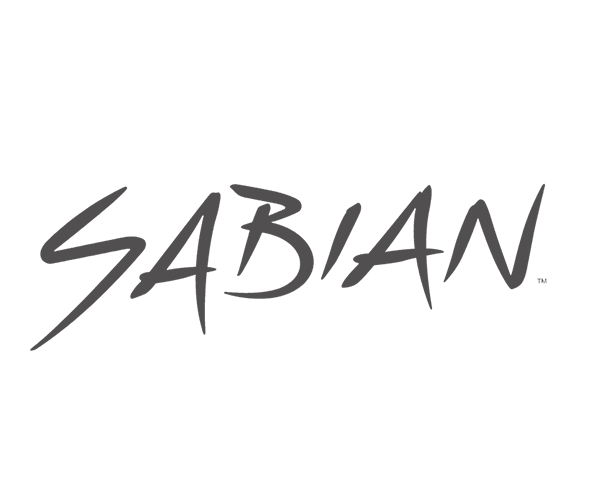Navigating the Musical Landscape: Choosing Your Guitar Genre
Embarking on your guitar-playing journey opens a vast and diverse musical landscape, with genres spanning from the gentle strums of folk to the powerful riffs of metal. In this exploration, the choice of your guitar genre becomes a pivotal decision, shaping not only your musical style but also influencing the equipment you'll invest in. Whether you find yourself drawn to the soothing sounds of an acoustic serenade or the electrifying energy of distorted power chords, the genre you choose becomes a canvas for your musical expression. At Angkor Music, we want to guide you through this captivating terrain, offering insights into the nuances of different genres and providing valuable considerations, including the importance of accessories like guitar tuners and amps. With our help, you’ll be able to craft your unique musical identity and find the genre that really resonates.
What is the Easiest Genre to Learn on Guitar?
When it comes to learning the guitar, there is no one genre that is objectively the easiest to grasp. However, many find that folk and acoustic genres offer a gentle entry point for beginners. The simplicity of chord progressions and emphasis on basic strumming patterns make it accessible for those starting their musical journey. Additionally, the blues genre is often considered beginner-friendly due to its repetitive structure and reliance on foundational techniques like bending and vibrato. However, personal musical taste plays a significant role, and what might be considered easy for one guitarist may not resonate with another. Ultimately, the key is to choose a genre that inspires and engages you, as enthusiasm and enjoyment are crucial factors in the learning process.
What Accessories are Required for Each Genre?
The guitar equipment needed for different genres varies based on the sonic characteristics and playing styles inherent to each style. For rock genres, a solid electric guitar paired with distortion or overdrive pedals is essential to achieve the signature power chord sound. Investing in quality guitar amps is crucial, as they offer the versatility to dial in various tones, from clean to heavily distorted. Blues enthusiasts may lean towards a classic single-coil or semi-hollow body guitar, accompanied by a bluesy overdrive pedal for expressive playing. Acoustic genres, such as folk and country, call for an acoustic guitar, often accompanied by a capo for versatile chord progressions. Jazz guitarists typically opt for hollow or semi-hollow guitars with a clean, warm tone and may use chorus or reverb effects. For metal, a solid-body electric guitar with humbucking pickups is common, along with high-gain amplifiers for the aggressive tone. Regardless of the genre, a reliable tuner is an essential accessory for maintaining accurate pitch, ensuring that the guitar is in tune for optimal sound quality across diverse musical styles.
How Do I Approach Choosing a Genre?
1. Understand Your Musical Preferences
Before diving into the technical aspects of different genres, take a moment to reflect on your musical preferences. What resonates with you emotionally? Do you find yourself captivated by the gentle strumming of acoustic guitars, or electrified by the power chords of electric guitars? Identifying your preferences will provide a compass as you navigate the diverse landscape of guitar genres.
To do this, take some time to explore a broad range of artists and bands. The more exposure you have to different genres, the better equipped you'll be to make an informed decision about the style that resonates most with you. Make sure to check out subgenres as well, like classic rock, punk, alternative, and metal. Exploring subgenres allows you to fine-tune your preferences and discover the specific nuances that appeal to you.
2. Identify Your Skill Level
Different genres have varying levels of complexity and technical demands. If you're a beginner, starting with a genre that aligns with your current skill level can make the learning process more enjoyable. As you progress, you can gradually delve into genres with more advanced techniques.
3. Reflect on Your Playing Style
Your playing style is a unique aspect of your musical identity. Some guitarists are drawn to the expressive bends and vibrato of blues, while others may be inclined towards the precision of jazz improvisation. Experimenting with different playing styles will help you discover the techniques that resonate with you, aiding in the genre selection process.
4. Connect with Like-Minded Communities
Joining online forums, attending local jam sessions, or connecting with other guitarists can provide valuable insights and guidance. Engaging with a community that shares your musical interests allows you to exchange ideas, seek advice, and discover new genres that align with your passion.
5. Experiment & Be Open to Evolution
Your musical journey is dynamic, and your preferences may evolve over time. Don't feel confined to a single genre; be open to exploring different styles as you progress. Many accomplished guitarists draw inspiration from a diverse range of genres, enriching their musical palette. With this in mind, you might want to choose a guitar or guitar equipment that can master many different genres. With items such as guitar tuners, for example, you have the flexibility to change your sound to suit different styles.
Find What Works for You
If you’re seeking the perfect instrument to support your journey, Angkor Music has a huge catalogue of first-rate musical equipment. A truly versatile instrument, the guitar is an excellent choice to get you started in your musical journey, and we have plenty to go around. Whether you’re drawn to acoustic, classical, electric or bass guitars, we have the range to fulfil your dreams.
Ultimately, the key to finding your ideal guitar genre is to have fun and experiment. Play around with different styles, create your interpretations of songs, and enjoy the process of discovering what feels right for you.




















